Atiaf Zaid Alwazir outlines ten reasons why the conflict in Yemen is not sectarian.
Last week in Yemen, my young cousin in the second grade ran inside after an explosion shook the windows. “I don’t mind when the house shakes, I just don’t want to die in it,” he said out of breath. “You won’t,” I reassured him. He then went back to play. I followed him outside to find a group of children playing a political game: “President Hadi vs Abdulmalik al-Houthi.” Their mission was to free the cats held hostage.
As I sat there watching this game unfold, I heard them throw many terms around: democracy, justice, national dialogue conference, etc. The words Sunni or Shiite, were never mentioned.
This is not surprising given the fact that affiliation to a madhab (religious school of thought) rarely comes up in conversations in Yemen. This is slowly changing, and many fear that this historic diversity and tolerance might become something of the past.
To say there are no sectarian tendencies or cleavages in Yemen is incorrect (as Shelagh Weir explained from the 1980s). But the oversimplification of explaining the current power struggle entirely on historic theological differences between Sunnis and Shiites is incorrect as well.
This is incorrect for a variety of reasons that I will summarize here.
First, while no statistics have been collected on the composition of Ansarullah, commonly known as Houthis, it is believed that many of their members are Zaydi but also come from various religious schools of thought in Shiite and Sunni Islam, including Ismaili, Shafi’i and Ja’afari. Many Sunni tribesmen and soldiers have also joined the Houthis and fight along their side. In fact, prominent Sunni leaders like Saad Bin Aqeel, a mufti of Ta’iz, are amongst Houthis’ leaders and, in fact, presented a Friday sermon at one of the sit-ins prior to their advance into the capital.
Second, Zaydis share similar doctrines and jurisprudential opinions with Sunni scholars. As Helen Lackner, author of Why Yemen Matters? stated: “This has little, if anything, to do with theological differences or a Sunni/Shi’a split, but is based on issues of social cohesion, including tribal allegiance, power, control and (the absence of) development and social security funding for an increasingly impoverished and suffering population.”
Third, socially speaking, Yemenis have lived and continue to live together without segregation. Muslims in Yemen, from the various schools of thought, whether Sunni or Shiite, pray side-by-side, people intermarry without any special procedures or “conversions” and communal violence based on confessional membership has been rare.
Fourth, according to Houthis, their actions do not aim “exclusively or even primarily at establishing a Zaydi political order,” as Stacey Phillbrick Yadav, associate professor and author of Islamists and the State: Legitimacy and Institutions in Yemen and Lebanon, states. She adds: “Similarly, the fact that Islah’s membership is predominantly Sunni doesn’t mean it is working to reestablish the caliphate.”
Fifth, not all Zaydis are Houthis. Well-known Zaydi scholars and religious centers have been divided on their stance toward the Houthis.
Sixth, missing from the analysis is the link between rural deprivation and wider political contestations and conflicts. The longer the transitional government ignored people’s grievances, the more the ranks of the discontented swelled. The last straw was when the government lifted the fuel subsidies overnight without warning in July 29, 2014, increasing the price of fuel and diesel by 60% and 90%. Mass protests erupted, and Houthis capitalized on these grievances and, by so doing, gained a significant number of new membership from various backgrounds (not only Zaydis), which helped them expand.
Seventh, while sectarian cleavages are being exploited by various groups, such as when al-Qaeda uses the rise of Houthis to recruit more people to defend “the Sunnis,” it is important to remember that those fighting al-Qaeda are not all Shiite, nor are they all Houthis.
Eighth, if this was a sectarian issue, former Yemeni President Ali Abdullah Saleh (who is technically Zaydi) would not have engaged in six wars with the Houthis from 2004-10. It appears that today’s former enemies have formed a temporary alliance. This indicates that these conflicts are political in nature.
Ninth, there is no sectarian dimension to the victims of violations by the Houthis, such as the detention of activists and journalists in recent protests.
Finally, while geopolitical tensions between the various political camps of course impacts what is happening on the ground, it is incorrect to explain the political dynamics in Yemen as simply foreign interference. In addition, narrowly framing the ongoing issue as sectarian absolves the transitional government from their duties, as it helps them blame everything on foreign actors rather than making them accountable for the localized grievances found throughout the majority of Yemen. It also absolves Houthis from the violations they have committed, blaming their actions on theological differences instead of political aspirations.
As these ten points demonstrate, the issue cannot be reduced to a theological war. Analysis must include these nuances, in order to better understand the ongoing political dynamics. Without a proper understanding, policies will continue to be flawed and no solutions will be formulated, which would perpetuate the cycle of violence.
*[This article was originally published on Atiaf Zaid Alwazir’s blog, Woman From Yemen.]
Fair Observer is a nonprofit organization dedicated to informing and educating global citizens about the critical issues of our time. Please donate to keep us going.
The views expressed in this article are the author’s own and do not necessarily reflect Fair Observer’s editorial policy.
Photo Credit: Stefano Ember / Robert Paul van Beets / Shutterstock.com
Support Fair Observer
We rely on your support for our independence, diversity and quality.
For more than 10 years, Fair Observer has been free, fair and independent. No billionaire owns us, no advertisers control us. We are a reader-supported nonprofit. Unlike many other publications, we keep our content free for readers regardless of where they live or whether they can afford to pay. We have no paywalls and no ads.
In the post-truth era of fake news, echo chambers and filter bubbles, we publish a plurality of perspectives from around the world. Anyone can publish with us, but everyone goes through a rigorous editorial process. So, you get fact-checked, well-reasoned content instead of noise.
We publish 2,500+ voices from 90+ countries. We also conduct education and training programs
on subjects ranging from digital media and journalism to writing and critical thinking. This
doesn’t come cheap. Servers, editors, trainers and web developers cost
money.
Please consider supporting us on a regular basis as a recurring donor or a
sustaining member.
Will you support FO’s journalism?
We rely on your support for our independence, diversity and quality.






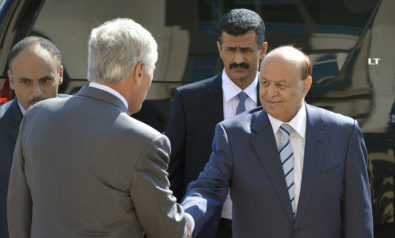


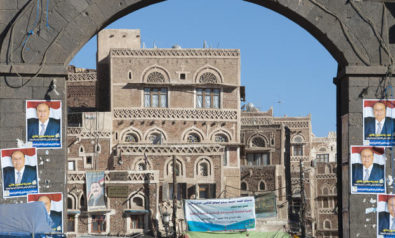
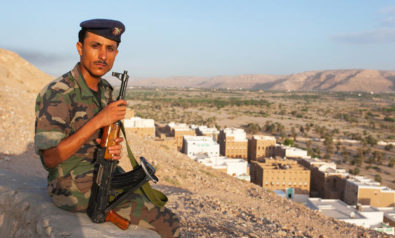

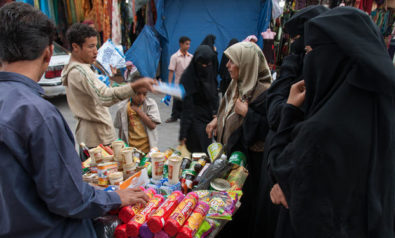



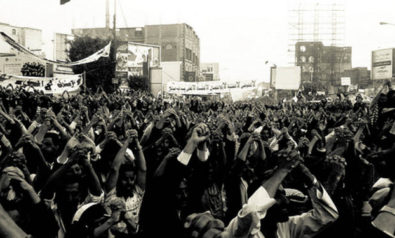

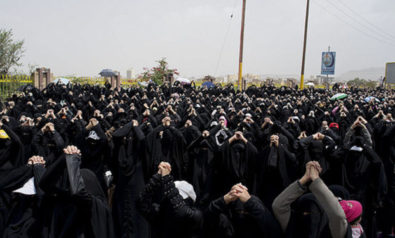
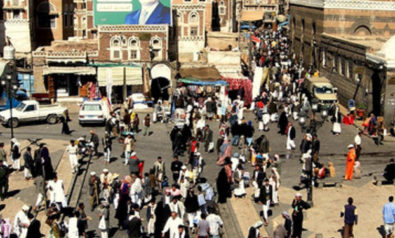

Comment